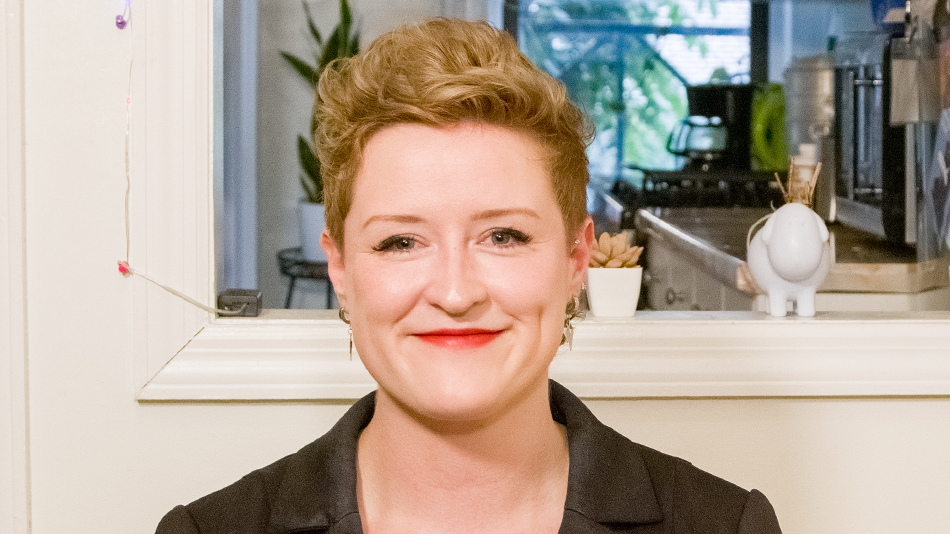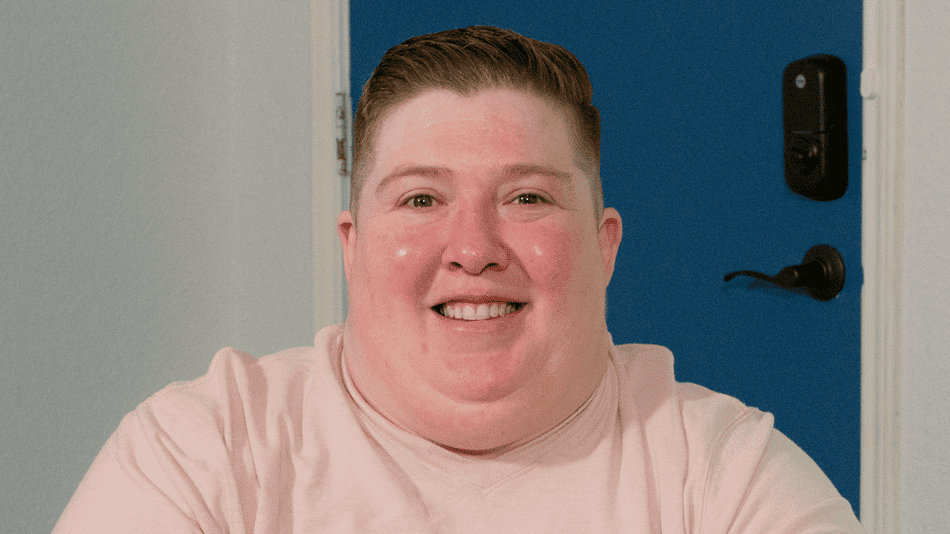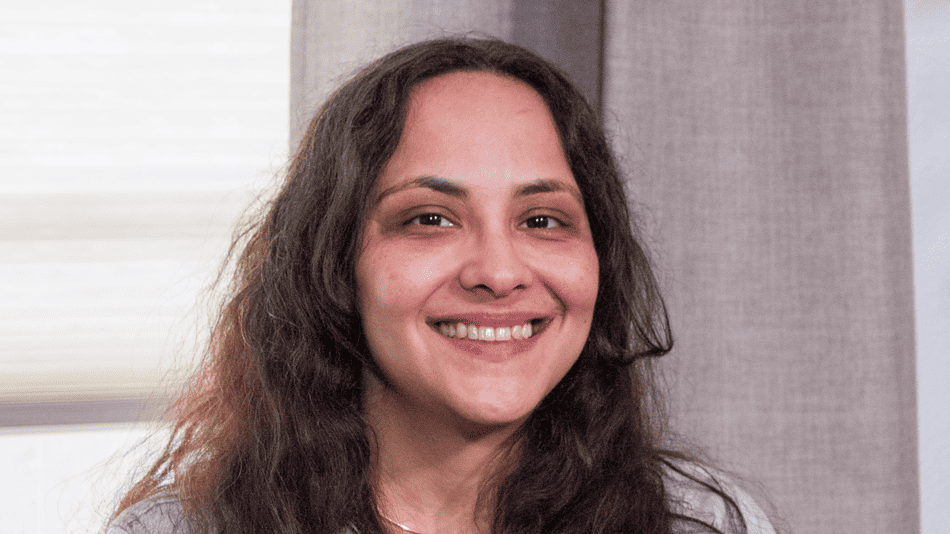

What I was about to say to my children would, I knew, change our relationships irrevocably – there would be no un-doing. Having this conversation went against all that I endeavored to be – and was told I should be – as their “mommy.” Mommies are supposed to provide constancy, predictability and be selfless.
But this mommy had a self.
I took in the scene of this temporary home I had pieced together for the kids and me, this odd mix of the familiar and the new. Anchored by my parent’s dark ornate dining set that I have lived with always, the light and spacious room looked deceptively homey. One could not detect the impermanence. A massive, old tiger oak desk was center stage in the living room. At a glance, it looked as if I was immersed in reading a dozen books at once. They spilled from the tall bookcases onto the floor around the desk, painting a picture of perpetual interruption. I swallowed the prohibitive monthly rent of this stop-on-my-way because it was around the block from the home we occupied with my children’s father; I hoped the proximity would lessen the terrible fracture of our recent separation.
For all of their lives my children, who I’ll call Lily, 12, and John, 9, had known me as a heterosexual woman. Now I must tell them: “I have fallen in love with a woman.” I had fallen in love so shockingly, unexpectedly, joyously, that it took my breath away. That I was changing my life – make that our lives – to be with her.
I had found no self-help books on this subject. There were no scripts on TV or in the movies, not even a “Coming out to your pre-teen kids for Dummies” guide. I was clearly on my own. So, one Friday night, while folding laundry, I began the conversation with Lily.
“So, I have some news, sweetie. I’m in a relationship with someone and I wanted to tell you about it. I think I’ve really fallen in love.”
“That’s great, Mom.”
“Well, I wanted to tell you about it, and as a matter of fact you know this person that I’m in love with. It’s Sallie.”
My little girl looked at me in shock. She said nothing and turned away. She had the oddest, blank look on her face as she just stared ahead seemingly at nothing. Her anger and upset filled the air between us.
“Are you trying to ruin my life?” Lily asked.
“Well, actually, no honey, I’m not.”
“I want to leave. I want to go over Kate’s house,” she said
“OK, honey, but let’s just try to talk about this a bit.”
“I want to be left alone.”
Lily got up and went down the hall into her room.
I sat there with the laundry.
So last year I was on the baseball field for my kids’ games a heterosexual and this year I was a lesbian. Same crowd, different me. But this “difference” was not the result of something on the inside – I felt very much the same person. No, the difference was in how the world now defined me because I loved a woman. The perception was that my marriage to their father was somehow “untrue” – and in falling in love with Sallie, I had found my “true” self. None of that felt like my reality.
I loved their father deeply when I married and possessed all the hopes and earnest longings of a new bride. When I would tell people about my relationship with Sallie, the common response was “Did you always know?”
“No,” I would answer. “I was completely shocked.”
I needed to get back to Lily. I couldn’t bear this chasm between us – we had never had this kind of disconnection. It was all that I had feared, and more.
“Please,” I begged at her door, “come talk to Mommy.” She was crying now. So was I. I walked away and then back to her room. I stood outside the door, completely lost for what to do next. Finally, I settled in the oversized leather chair in our living room. I was blank, emotionally spent. Time passed. I tried to wait, feeling like I wanted to jump out of my own skin. What had I done?
“Please honey,” I said as she finally walked past me, “We have to work this out.”
Then, like a little child, Lily collapsed into my lap. We held onto each other as if for dear life. Then I said, “Lily, you are my one and only daughter, and nothing would ever change my love for you.” After we exchanged “I love you’s” I confessed to her my fear that I thought she could hate me. I still vividly recall the sound of her “No, Mom, of course not.”
John had been playing alone in his room all this time, and I knew he could tell there was one intense conversation going on. “I’ll be right back,” I said to Lily, and joined my son. Emotionally spent from the conversation with Lily, I tried to lighten it up a bit.
“Mommy has something to tell you honey.”
“OK!”
“You know my friend, Sallie, right? Well, I just wanted you to know that I love her a lot, a real lot, and she’s my girlfriend.”
“I know, Mommy, you’re gay!”
“And I don’t mean that it the bad way, I mean that in the good way.”
I was speechless. Luckily, John continued the conversation:
“Does Daddy know?”
“Yes, he does.”
“Does Aunt Annie know?’
“Aunt Annie knows.”
“OK, good. So, Mommy, can Sallie teach me how to play tennis now?”
“Yes, honey.”
I grabbed my boy and held him tight as we rocked together on the floor. Lily came to join us.
“So, Mom, what’s it like?” Lily asked.
“It’s pretty wonderful. It’s a wonderful relationship. I’m very happy.”
“My friends and I talk about it, about what it might be like.”
”That’s great, honey.”
”I want to call Katie and tell her. But just her, OK?”
“Sure. But I’ll probably talk to her mom too.”
I had had a bit of practice in this “telling” that I was in relationship with a woman. That fall and spring I was teaching graduate students in Family Therapy and began to think about how to introduce myself. I wanted to tell them who I was, but still felt that saying I was a lesbian was, in some sense, not saying enough. I anticipated that students could assume I had been a lesbian far longer than my ten minutes. Perhaps that language could also obliterate my years of marriage; it just did not capture my history. I found that this single word – lesbian – could communicate much that was untrue about me, and, at the same time, much that was true. There is no “transitional narrative” in our culture from which to borrow. I wasn’t coming up with any succinct, catchy words or phrases. So I played with some ideas, and settled on this: “I live in a post-divorce, bi-nuclear family. My partner Sallie and I co-parent my two children, ages 9 and 12, and share residential custody with their father.” This use of language captured who I was in time. I was beginning to find a way to tell my story that held all the threads, the totality of my lived experiences, neither silencing nor privileging any one.
That February night Lily risked her own first “telling,” and I could see clearly that this was a family process. In the coming months and years we would all be engaged in this process of telling, and retelling, and wondering: should I tell? For now that I was in a relationship that was deemed “other” I was compelled to engage in this “telling” or as some would say “coming out.”
Lily’s conversation went like this:
“Katie, what do you think of gay people?”
Katie replies, “I think they’re really cool. Look at Ellen DeGeneres and Rosie O’Donnell. Why, are you gay?”
“No, but my Mom is.”
“Oh, that’s really cool.”
And so there it was: Coming out to your kids, and their friends, and their friend’s parents…
“Now”, I thought, “I am out”.
There was something about telling the children that propelled me into this new place.
Sometimes, when folding laundry, I think back to that February night in our temporary home when I had that very difficult, but necessary conversation with my children. Years have passed, and we face together new issues: college applications, driving.
In a Mother’s Day card this year, John wrote to my partner Sallie:
“Thank you for all the things you do for our family and for making my Mom so happy.”
This is a love story. Complicated, messy, and joyous. It is about the love between women, and between a mother and her children. It is about the abiding love of family. And it is being written every day.






Share